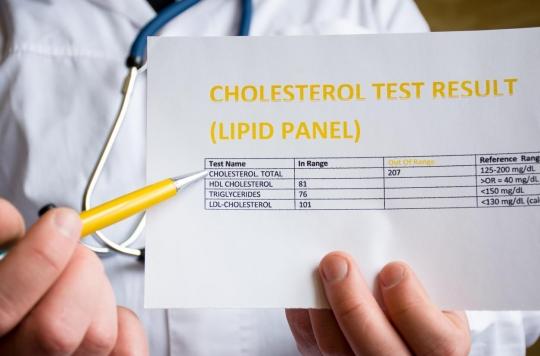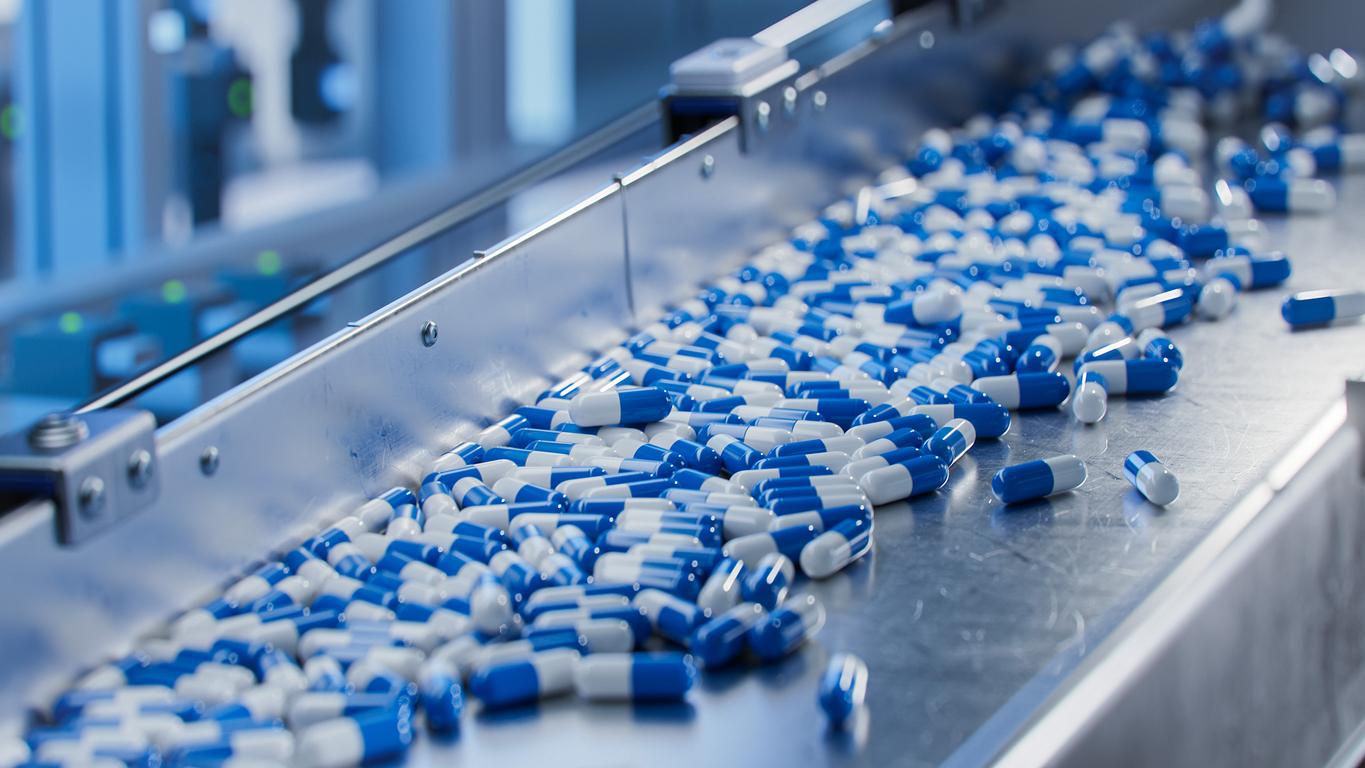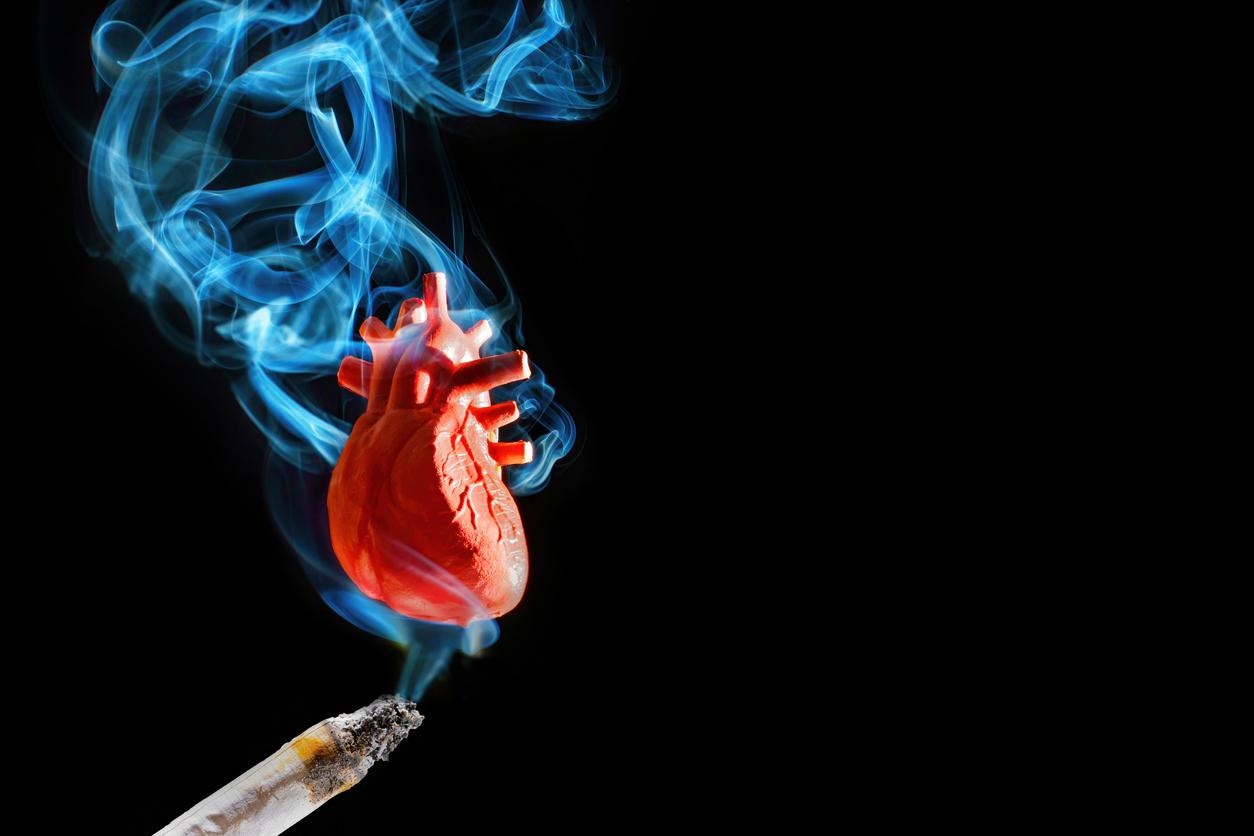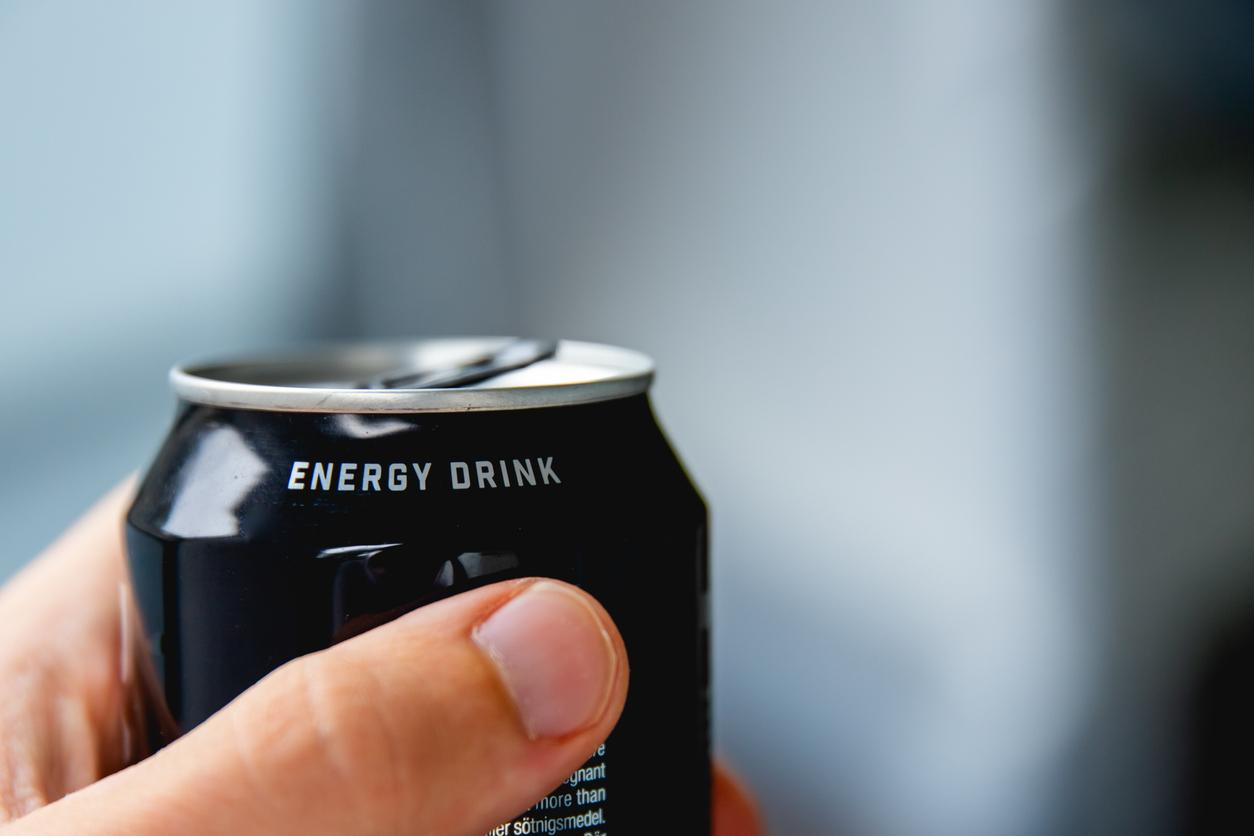New recommendations on the objective of reducing bad cholesterol and other lipoproteins were presented at the congress of the European Society of Cardiology which has just been held in Paris. They confirm their role as an important cardiovascular risk factor.

Reduction of LDL-C targets (the bad cholesterol), validation of the use of intensive treatments, the latest recommendations of the European Society of Cardiology and the European Society of Atherosclerosis which have just been presented at the ESC congress in Partis plead for more aggressive management of dyslipidemia.
This is to target even lower levels of LDL-C, the so-called bad cholesterol, and take into account trials that have shown that adding ezetimibe or an anti-PCSK9 to statin therapy decreased the risk of cardiovascular disease in a way that was correlated with lower LDL-C levels.
Lower cholesterol levels at all costs
In other words, since the lower the level of bad cholesterol reached, the lower the cardiovascular risk, it is necessary to achieve this lowest level at all costs, including by using “shock” treatments.
These new recommendations – the previous ones dated from 2016 – accompany the results of studies which have confirmed the emergence of new data in recent years. This work has notably established that LDL-C and ApoB (a liver and intestinal lipoprotein which is a cholesterol-independent marker of cardiovascular risk) play a role in atherogenesis and that the fact that the whether increased LDL-C is linked to atherosclerotic cardiovascular disease “was no longer a matter of hypothesis but of proof”.
Some treatments are not available in France
Among the intensive treatments recommended by these new recommendations, anti-PCSK9 (which neutralizes a protein preventing the liver from eliminating bad cholesterol) added to statin therapy is not currently available in France. The High Authority of Health, which issues marketing authorizations for new drugs in our country, estimated in a November 2018 report that the medical benefit of this cholesterol-lowering agent was “insufficient” to justify reimbursement. . The cost of anti-PCSK9 treatment amounts to several thousand euros per year.

.

















